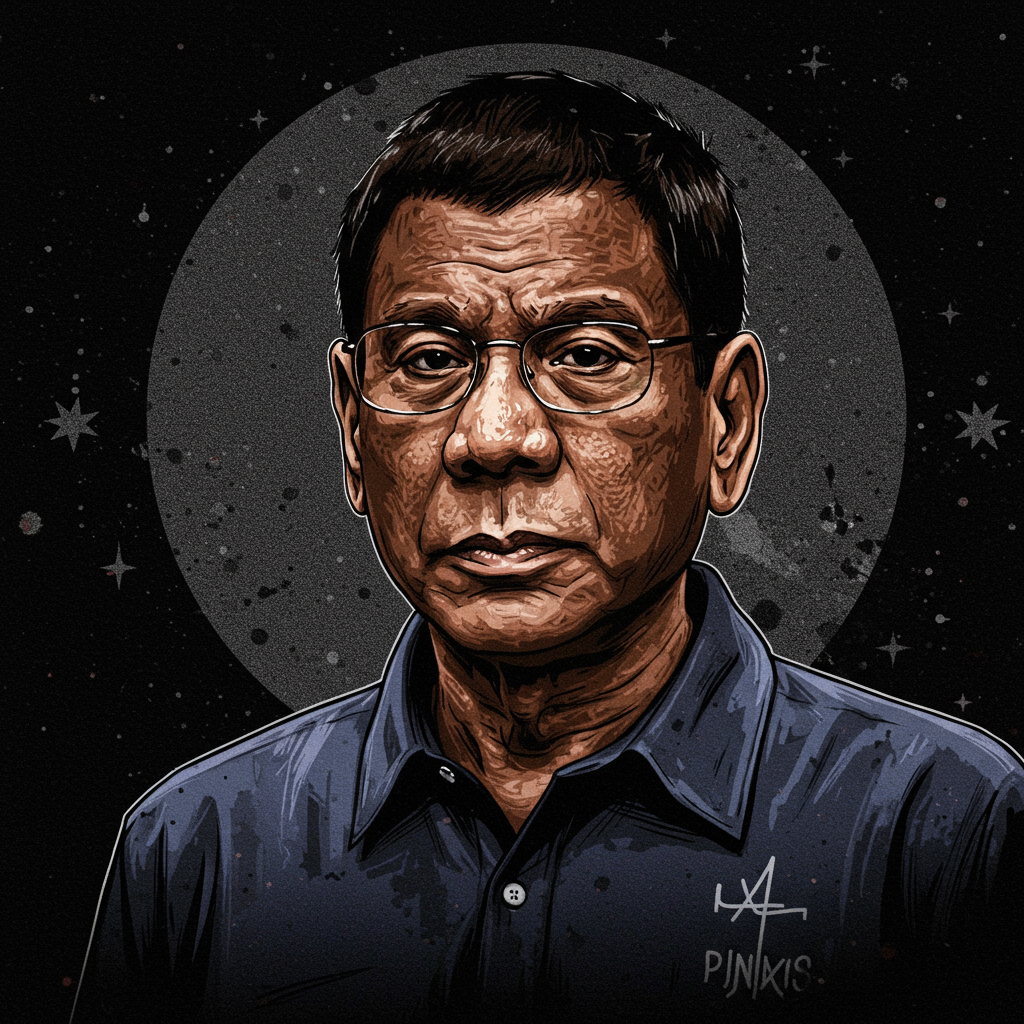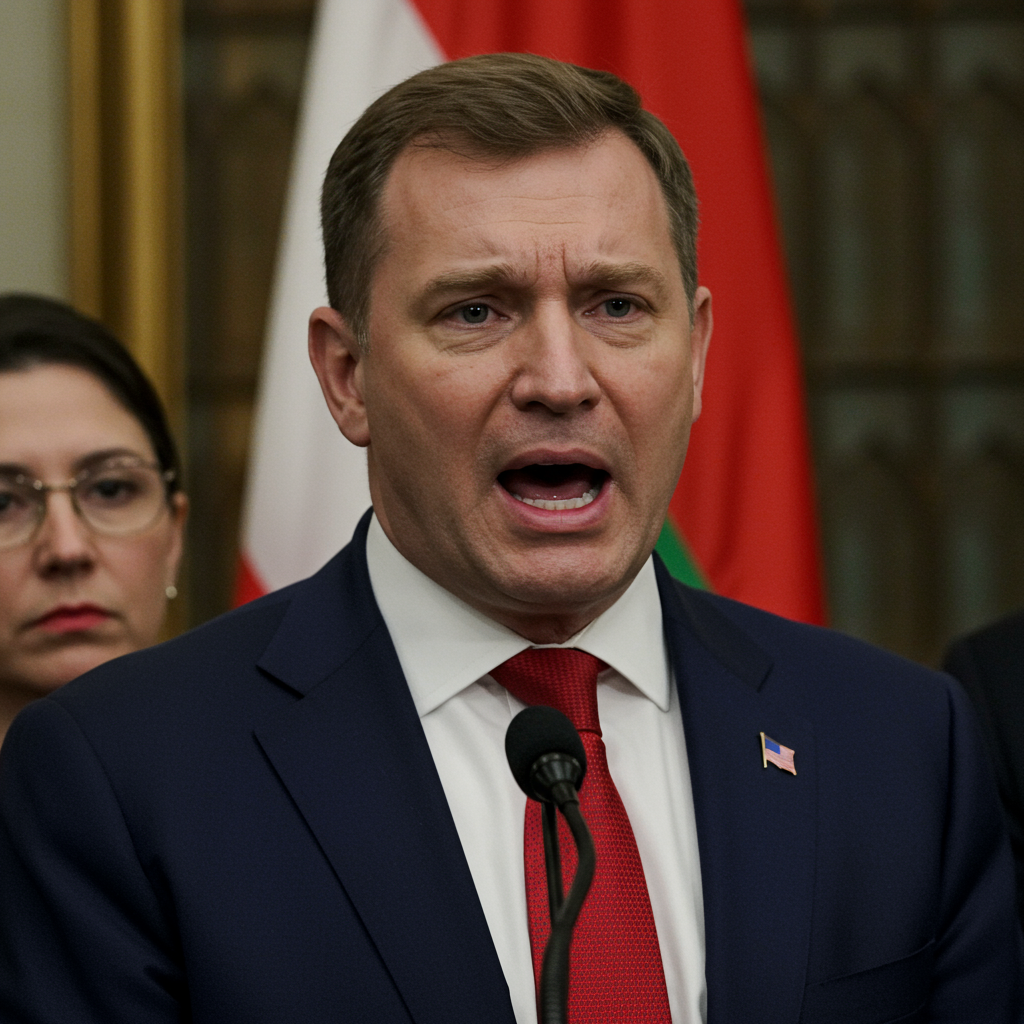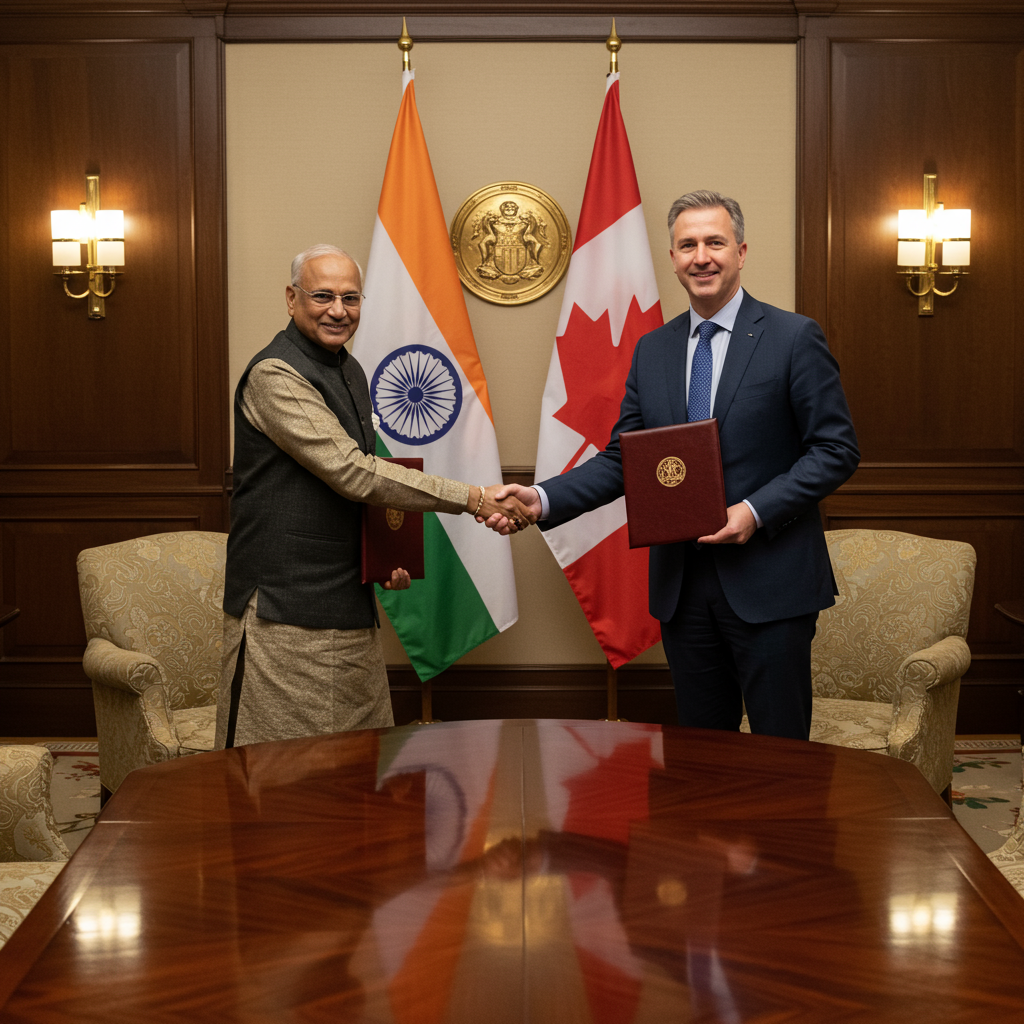The International Criminal Court (ICC) has delivered a groundbreaking blow, formally charging former Philippine President Rodrigo Duterte with grave crimes against humanity. This development marks a pivotal moment for international justice, putting his controversial “war on drugs” policies under intense global scrutiny. Duterte, 80, was arrested in March by Philippine authorities on an ICC warrant and now awaits trial at an ICC detention facility in The Hague, Netherlands.
His detention and the subsequent public release of the detailed allegations have sent shockwaves through the Philippines and beyond. Prosecutors accuse Duterte of orchestrating and authorizing widespread violent acts, including murder, targeting alleged criminals, drug dealers, and users. The implications of these Duterte ICC charges are far-reaching, highlighting the court’s unwavering pursuit of accountability for alleged state-sponsored atrocities.
The Historic Charges Unveiled by the ICC
The International Criminal Court, a permanent tribunal designed to prosecute individuals for war crimes, genocide, crimes against humanity, and the crime of aggression, has made public its detailed allegations against former Philippine President Rodrigo Duterte. A 15-page charge sheet, initially submitted on July 4, was redacted and released to the public on a Monday, laying bare the specific accusations. These detailed charges underscore the seriousness of the situation, focusing on Duterte’s alleged individual criminal responsibility for dozens of deaths.
The allegations span his political career, from his tenure as mayor of Davao City to his presidency. This legal action against a former head of state is a rare event, emphasizing the ICC’s commitment to its mandate. Duterte’s presence in an ICC facility in The Hague signifies a critical step in the arduous process of international criminal prosecution.
Allegations: A Grim Count of Lives Lost
The charges against Rodrigo Duterte meticulously document his alleged involvement in the killings of at least 76 individuals. These Duterte ICC charges are categorized into three distinct counts, each highlighting a period of his public service and the alleged scale of violence. Prosecutors assert that Duterte, along with his alleged co-perpetrators, shared a “common plan or agreement to ‘neutralise’ alleged criminals” through violent crimes, including murder.
The first count details 19 alleged murders committed while Duterte served as the mayor of Davao City, specifically between 2013 and approximately 2016. The second count points to 14 alleged targeted killings of “high-value targets” between 2016 and 2017, during his presidential term. The third and final count addresses the alleged murders of 43 people during “clearance operations” targeting lower-level alleged drug users or dealers, carried out between 2016 and 2018. Collectively, these charges paint a grim picture of systematic violence.
Duterte’s “War on Drugs”: A Policy Under Scrutiny
Rodrigo Duterte’s presidency (2016-2022) was largely defined by his brutal nationwide “war on drugs.” This campaign, which human rights groups claim led to thousands of extrajudicial killings, has long been a source of international condemnation. While official government figures reported over 6,000 deaths, activists contend the actual toll could be tens of thousands, affecting small-time drug dealers, users, and other individuals without due process. The ICC charges assert that Duterte “instructed and authorized violent acts including murder.”
Throughout his political career, Duterte was known for his strong rhetoric. He publicly threatened drug suspects with death. He also openly encouraged police to use lethal force if suspects violently resisted arrest or threatened law enforcement officers. Despite these public statements, Duterte consistently denied authorizing extrajudicial killings during his presidency. However, his past remarks, including pledges to kill 100,000 suspects and throw bodies into Manila Bay, are now being cited in court documents as evidence of his alleged policy.
The Davao Death Squad Connection
A central element of the Duterte ICC charges revolves around his alleged involvement with the notorious Davao Death Squad. Prosecutors claim Duterte initiated a plan to “neutralise” criminals as mayor of Davao City. He is accused of personally inducting hitmen into this group. These recruits were reportedly individuals Duterte and his co-perpetrators believed they could trust and control, including those indebted to him or the police. Those who resisted orders purportedly faced death.
The indictment further alleges that Duterte “christened” these hitmen with wine and provided them with essential logistical support. This support included firearms, ammunition, vehicles, safe houses, gasoline, and communications equipment. Upon becoming president, Duterte allegedly appointed loyal individuals from Davao City to high-level national positions. This strategy reportedly helped extend his “neutralise” criminals policy nationwide. The network of perpetrators expanded, encompassing state actors like law enforcement officers, non-police assets, and additional hitmen. This intricate web of alleged involvement forms a critical part of the prosecution’s case.
Legal Battle: Fitness to Stand Trial and Political Fallout
The legal proceedings against Duterte have faced immediate hurdles. A court hearing, originally scheduled to begin shortly after the charges were made public, was postponed. This delay allows judges time to evaluate arguments from Duterte’s attorneys regarding his fitness to stand trial. His lawyer, Nicholas Kaufman, has requested an indefinite adjournment of all legal proceedings. Kaufman cites Duterte’s alleged “cognitive impairment in multiple domains” as a reason for his inability to participate effectively. This medical argument introduces a significant challenge to the progression of the case.
Duterte’s arrest and transfer to The Hague have ignited a political firestorm within the Philippines. Supporters of the former president have vehemently criticized the administration of current President Ferdinand Marcos Jr., labeling Duterte’s detention as politically motivated. They allege a fallout between the influential Duterte family and the Marcos administration. Supporters also dispute the ICC’s jurisdiction over the former leader. Intriguingly, despite his incarceration, Duterte was re-elected as mayor of Davao in May 2025, with his son Sebastian continuing as acting mayor.
The Precedent Set by Duterte’s ICC Charges
The indictment of Rodrigo Duterte marks a historic and significant moment for international law. He is the first Asian former head of state to be charged by the International Criminal Court. Furthermore, he is the first suspect to be flown to The Hague for detention in over three years. This case highlights both the ICC’s expanding reach and the inherent challenges it faces. The ICC’s ability to arrest individuals largely depends on the cooperation of the countries where suspects reside. President Marcos had previously stated he would not cooperate with the ICC, adding a complex layer to the ongoing proceedings.
The case against Duterte will undoubtedly serve as a crucial test for the principles of global accountability. It sends a strong message that even former world leaders can be held responsible for grave human rights violations. The proceedings will be closely watched by human rights advocates, international legal experts, and political observers worldwide.
Frequently Asked Questions
What are the main charges against Rodrigo Duterte by the ICC?
Former Philippine President Rodrigo Duterte faces three specific counts of crimes against humanity by the International Criminal Court (ICC). These charges allege his involvement in the killings of at least 76 individuals during his tenure as both mayor of Davao City and later as president. The first count cites 19 alleged murders in Davao City between 2013 and 2016. The second count refers to 14 alleged targeted killings during his presidency from 2016 to 2017. The third count addresses 43 alleged murders during “clearance operations” between 2016 and 2018.
Where is Rodrigo Duterte currently detained, and what is his legal status?
Rodrigo Duterte was arrested in March 2025 by Philippine authorities on an ICC warrant. He is currently detained at an ICC facility located in The Hague, Netherlands. His legal status involves facing trial for crimes against humanity, though a scheduled court hearing was postponed. This delay allows judges to assess arguments from his attorneys regarding his fitness to stand trial, citing alleged “cognitive impairment in multiple domains.” Duterte himself has declared his arrest unlawful.
What are the broader implications of the ICC’s case against Duterte for international justice?
The ICC’s case against Rodrigo Duterte carries significant implications for international justice. It represents a landmark moment as he is the first Asian former head of state to be charged by the ICC and the first suspect flown to The Hague for detention in several years. This case reinforces the principle of accountability, demonstrating that even powerful political leaders can be held responsible for alleged human rights abuses. It also highlights the complexities of international law, particularly concerning state cooperation for arrests and jurisdiction, setting a crucial precedent for future cases involving state-sponsored violence and the “war on drugs” policies globally.
Conclusion: A Landmark Case for Global Accountability
The formal charging of former Philippine President Rodrigo Duterte by the International Criminal Court represents a monumental step for international justice. These Duterte ICC charges are not merely legal accusations; they symbolize a global commitment to human rights and accountability. The detailed allegations, spanning years and involving scores of alleged victims, highlight the severity of the crimes attributed to his “war on drugs” campaign.
As Duterte remains in detention in The Hague, the legal battle ahead promises to be complex, navigating arguments about his fitness to stand trial and the political tensions surrounding the case in the Philippines. Regardless of the outcome, this prosecution sets a powerful precedent. It underscores the message that no individual, regardless of their past office, is above international law when it comes to crimes against humanity. The world watches as this landmark case unfolds, hoping it brings justice to the victims and reinforces the imperative for ethical governance worldwide.



